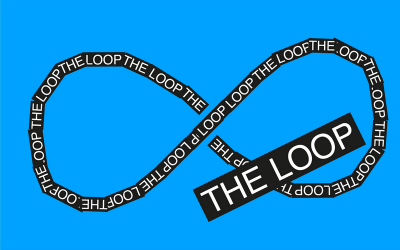Little LEAF and the Emerald Challenge: Sustainability and Collaboration
UCL students integrate sustainability into their labs, and create a fantastic resource for iGEM students to achieve similar results.

4 November 2019
By Clare Robinson and Rupali Dabas.
The iGEM Competition (International Genetically Engineered Machine), is an international synthetic biology competition where over 300 undergraduate, postgraduate, and high school teams compete to develop and bioengineer new and useful tools for the world.
Young scientists flood into a variety of laboratories over the summer, documenting their progress and results on their website before presenting at the end of October at iGEM’s ‘Giant Jamboree’ in Boston.
UCL’s 2019 iGEM team were working on how to re-engineer bacterial protein nanocages to be capable of targeted drug delivery of cancerous cells, when a lab supervisor mentioned LEAF (the Lab Efficiency Assessment Framework). From that point on, they were determined to transform the iGEM competition and make it more sustainable. Here’s what they have to say, and what they accomplished:
The Emerald challenge
Very early on in our project, we saw a tweet by a UCL supervisor concerning the sustainability of the lab. This was the first time we had heard about lab sustainability in our undergraduate experience. We started looking into the topic and found it to be as obvious and unquestionably logical as recycling at home. In fact, our impacts in the lab turned out to be much greater than in our homes. Embarrassingly we would take great efforts to buy unpackaged vegetables at the supermarket, but never considered the plastic waste of a box of pipette tips used throughout the day.
Convinced sustainability was something we should incorporate into our project, we got in touch with Martin Farley from Sustainable UCL to find out more about green practices in the lab. He gave us some very useful resources and pointers, and we subsequently did some further research and found previous iGEM teams had done sustainability campaigns. Piling all the information together, we assembled an ‘Emerald Challenge’ (Emerald being a green GEM) consisting of three steps to improving laboratory sustainability.
Step 1: Awareness
We asked iGEM teams to take photographs of themselves performing sustainability tasks, such as turning the equipment off at the end of the day and to post them on social media with specific hashtags.
Step 2: Tracking
We asked iGEM teams to complete a materials departure form. Departing teams complete the form for the upcoming teams, detailing what reagents and materials they have left behind that are still usable, and should not be wasted.
Step 3: Negative findings
We invited teams to add a section or page to their wiki documenting a negative-finding. There is a bias in iGEM towards discovering and reporting genetically engineered machines that work. This has the effect of disregarding the knowledge gained, and resources spent on finding out that a machine doesn’t work. By documenting negative findings, the teams will prevent future teams (who may have the same good idea) from wasting resources. Therefore, implementing sustainable practices in the lab can have the added effect of improving research quality.
 Close
Close


